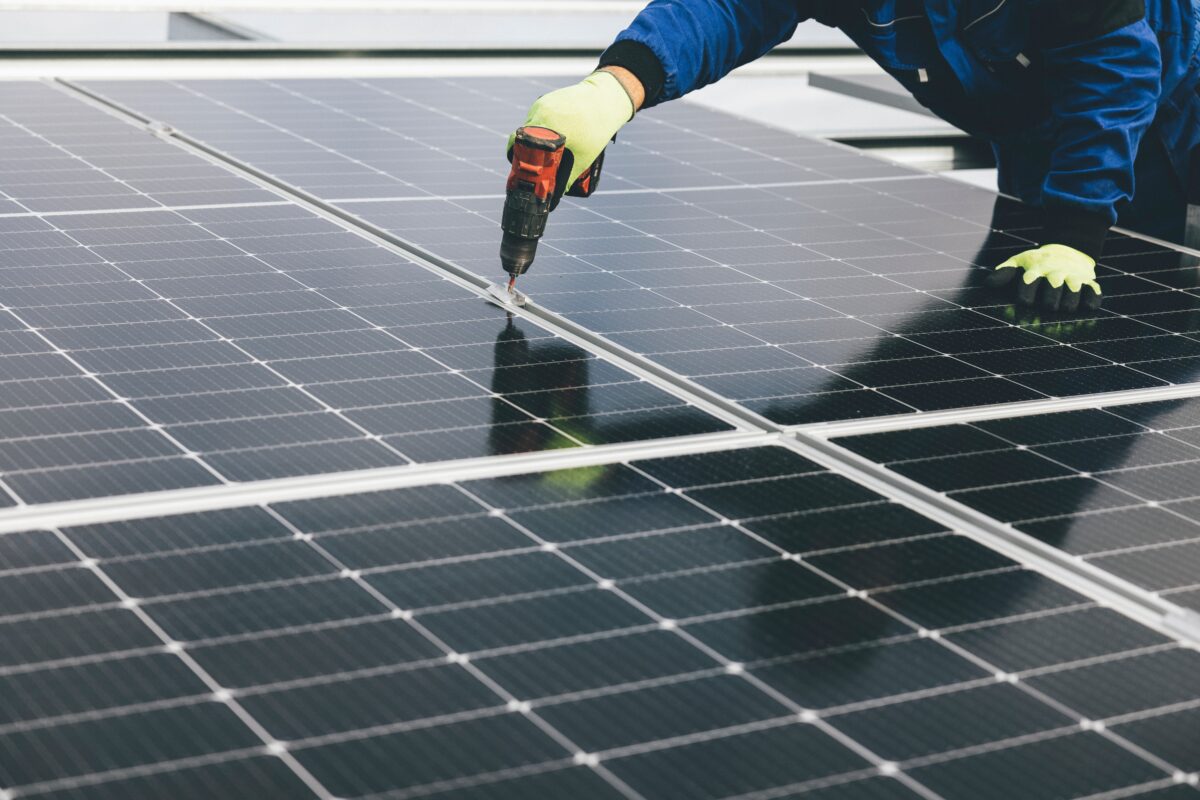 (Photo by Markus Spiske on Unsplash)
(Photo by Markus Spiske on Unsplash)Avangrid, a sustainable energy company and member of the Iberdrola Group, announced that construction is now underway at the Camino Solar Project in Kern County, California. Camino Solar is Avangrid’s first photovoltaic project in California with a capacity of 57 MW (44 MWac).
“It is always exciting to see another important renewable energy project break ground,” said Pedro Azagra, Avangrid CEO. “With this major milestone, we are one step closer to delivering clean solar energy in California to go along with our six wind energy facilities in the state. This is yet another example of our commitment to developing projects that create jobs, support the local community, and accelerate the clean energy transition.”
The site will include 105,000 solar panels. Camino Solar is adjacent to Avangrid’s 189 MW Manzana Wind Farm, which reached commercial operation in 2012. It is located on a combination of private land and more than 200 acres of public land managed by the U.S. Bureau of Land Management.
The project is in an area scientifically analyzed and identified as suitable for clean energy development as part of the BLM’s Desert Renewable Energy Conservation Plan.
The Department of the Interior (DOI) just finalized a rule that will cut fees by up to 80% for wind and solar projects developed on federal land. In addition, the DOI announced it has permitted more than 25 GW of clean energy projects, surpassing a “major milestone” of the Biden administration ahead of 2025.
The final Renewable Energy rule from the Bureau of Land Management (BLM) is meant to lower consumer energy costs and the cost of developing solar and wind projects, improve renewable energy project application processes, and incentivize developers to continue “responsibly” developing solar and wind projects on public lands. The final rule also includes additional incentives for the use of project labor agreements and American-made materials, and extends lease terms for renewable projects to 50 years.
The final Renewable Energy Rule will reduce capacity fees for these projects by 80% and facilitate development in priority areas by streamlining application review. It expands the BLM’s ability to accept leasing applications in these priority areas without first going through a full auction but retains the BLM’s ability to hold competitive auctions “where appropriate.”